Finishing School (1934)
“The aim of our school — and we like to believe the achievement — is to prepare young ladies to meet graciously all social demands.”
|
Synopsis: |
|
Genres, Themes, Actors, and Directors:
Review: (sorry for mild spoilers) … isn’t necessarily made to pay for her “sins”. What’s most fascinating about Finishing School is the way it daringly portrays the utter hypocrisy behind upper-class mores, which hold that as long as one isn’t “caught”, one can get away with just about anything; the goal is to avoid detection and public shame. One particularly well-handled scene shows Bondi glimpsing Dee arriving home after an outing with Mac, and hesitating as she clearly wishes she could pretend not to have seen what she just saw. Dee’s sin isn’t carousing; it’s falling in love with a lower-class man and daring to present it openly. Dee does a fine, sensitive job in the leading role: … and Cabot stands out as refreshingly natural in what appears at first to be a nominal supporting role (he’s first glimpsed wandering around a hotel room picking up after the partying socialites), but turns into a major romantic lead; one can easily see why Dee would fall for someone like him. Rogers, meanwhile, is perfectly cast as Dee’s wisecracking roomie, and other young starlets — including Anne Shirley — do a fine job portraying young heiresses of various stripes. Interestingly, Finishing School was co-directed by a woman (Wanda Tuchock) — something so unusual at the time that it most definitely stands out when watching the opening credits. (Unfortunately, it seems she only directed one other short film; the rest of her Hollywood career was spent on screenwriting.) Redeeming Qualities and Moments: Must See? Categories
Links: |
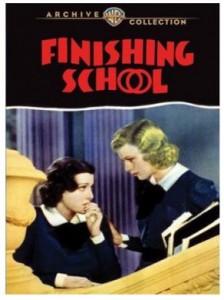
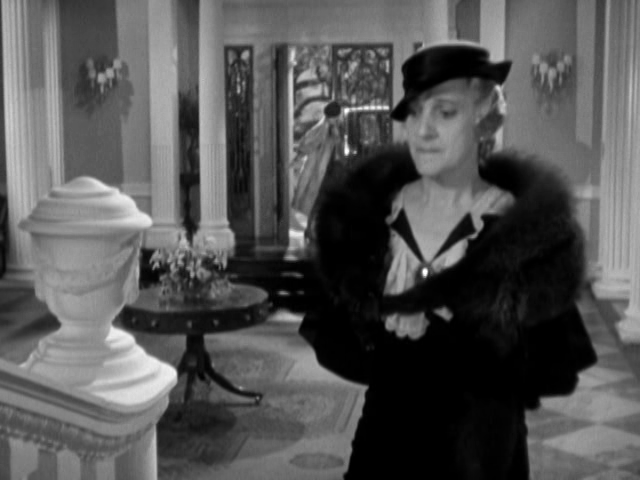
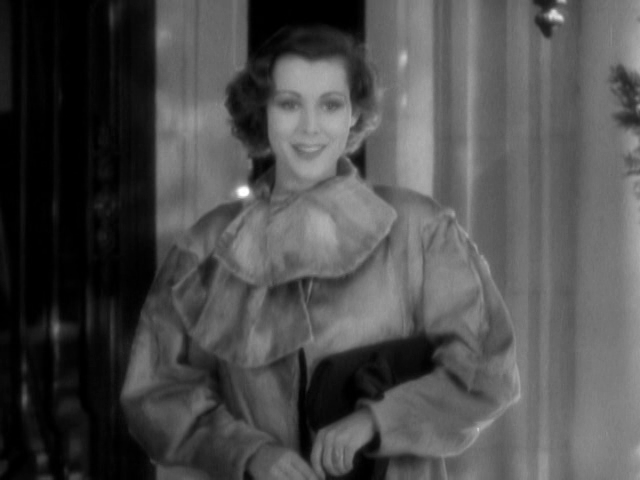
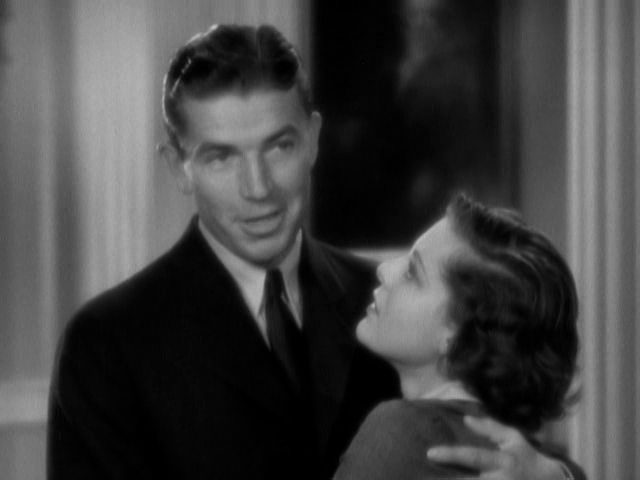
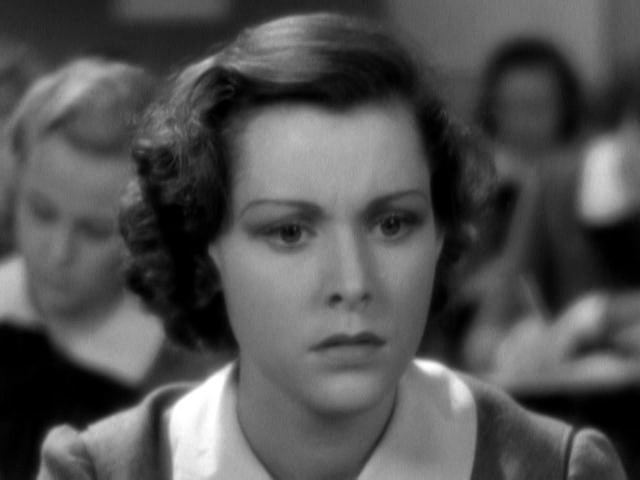
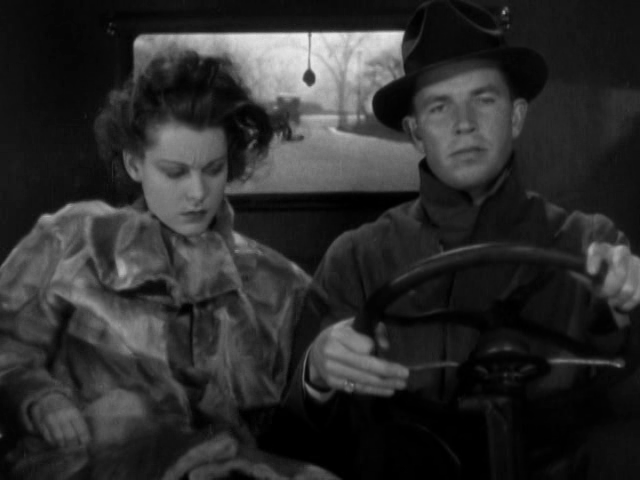
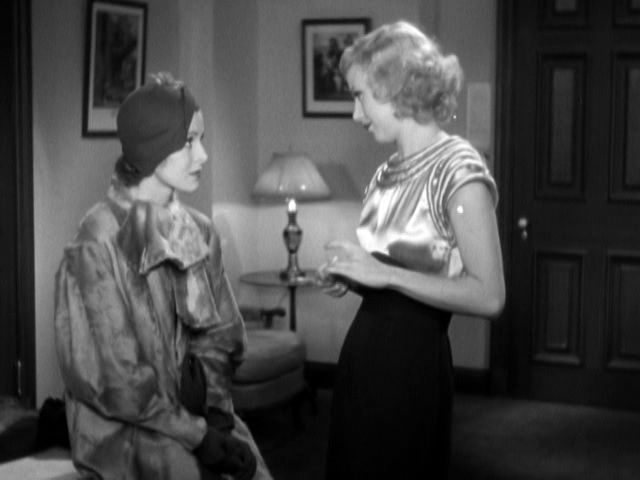
One thought on “Finishing School (1934)”
First viewing (actually, second; saw it a few months ago and have now watched again). Agreed; a must for its place in pre-Code cinema.
The best thing about the somewhat-forgotten ‘FS’ is its slam-bang finish (which contains a segment so ‘scandalous’ that the Catholic Church’s Legion of Decency put the film on its ‘Condemned’ list – yay!) – but the film’s build helps you appreciate its conclusion. Many of the young ladies of Crockett Hall are having a whale of a time when they can manage it secretly. But the new, upright girl (Dee) is the one the ‘hawkmistress’ (Bondi, in a rare unsympathetic role) swoops down on for disciplinary action – to such a degree that Dee more or less begins a slow descent into madness.
The bulk of the film is not particularly laced with shocking scenes but one will notice here and there what marks it as pre-Code. The script is rather sharp and the performances are lively. Rogers and Billie Burke (as Dee’s mom) do turns typical of both of them but, as Dee’s dad, John Halliday is fairly hilarious (fed up as he is with the insanely snobbish behavior of his own class).
Dee and Cabot (who has some terrific concluding lines) make a charming couple – and their budding romance is handled with refreshing taste and modesty.